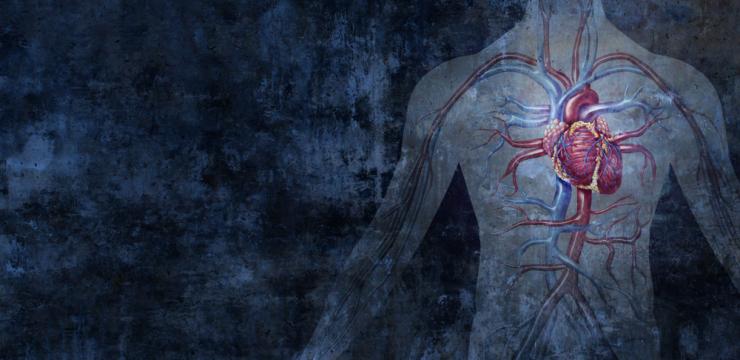
- The gist of this article
OPCs are best known for supporting microvascular circulation and the integrity of the capillaries, thus optimizing the delivery of nutrients and oxygen to the tissues and the discharge and excretion of waste and CO2 via lungs en kidneys respectively. Since OPCs also support the inner lining of the vascular wall, the endothelium, their benefits are ubiquitous in the human body.
Table of contents
Vascular problems
When your gums bleed as you brush your teeth, when brief exposure to a cold draft causes the tiny veinlets in the whites of your eyes to burst and your eyes to redden, when your legs hurt because of varicose veins, when hardly noticeable pressure such as pinching or nipping results in a hematoma (blue spot), when at the end of a long flight your shoes are too tight, when you’ve been standing all day and your ankles are swollen … you are facing a vascular problem.
Impaired permeability of the capillaries
You could also have a vascular problem if a weakened blood vessel that is only slightly strained “bursts” and blood plasma (fluid) containing larger solid particles extravasates into the surrounding tissue. Uncontrollably, the blood leaks from the vascular system and accumulates in the tissues, resulting in swellings, or edema.
Such impaired permeability occurs only in the tiny and very delicate capillaries, where the arterial system containing oxygen-rich blood coming from the lungs and heart turns into the venal system, in which the carbon-dioxide-rich blood flows back to the lungs and heart. At the point of the capillaries, the blood releases oxygen into and picks up carbon dioxide (CO2) from the tissues. A well functioning vascular system is of ultimate importance to your health.
The inner lining of the vascular wall
Since capillary resistance is a trustworthy and easy to measure biological indicator, capillary resistance has always played a central role in the early days of studying vascular health. Still, this does not mean that, vice versa, vascular health is delimited to capillary resistance. Especially not since we now know that OPCs also have a beneficial influence on the endothelium, the thin and fragile inner lining of the vascular wall. Endothelial cells play a key role in numerous seemingly unrelated aspects of vascular biology.
The many functions of the endothelium
In the kidneys, for instance, specialized endothelial cells filter the blood. In the brain and spine, endothelial cells form the highly selective barrier between the blood and the fluid that is present in the nervous tissue. The endothelium also controls vessel tone, it plays a role in the stopping of bleeding and in the healing of injuries. It recruits white blood cells to counter inflammations. It is active in the formation of new blood vessels. And by telling the vascular wall to constrict or to relax, the endothelium also plays an important role in controlling blood pressure.
The concept of vascular health
When the concept of vascular health is widened to endothelial health, we can add to this list: diabetic retinopathy, allergies, cerebrovascular health, impaired vision, premenstrual syndrome, bleedings caused by cirrhosis of the liver, excess excretion of proteins in the urine. Unrelated as these conditions may seem at first sight, they do have one common factor, which is: endothelial dysfunction.
Cardiovascular health
In 2010, at the University of Maastricht in the Netherlands, scientists tested the cardiovascular effects of “monomeric and oligomeric flavanols,” which is the generic term for the well known OPCs invented and developed by doctor Masquelier. In healthy participants, who took 200 milligrams per day during 2 months, the researchers measured a number of biological responses, each of which forms an indicator for cardiovascular health. After having brought these responses together in a so-called Cardio-Vascular Health Index, they found that, overall, Masquelier’s OPCs had caused an improvement of the Index.
Masquelier’s OPCs cover wide and seemingly unrelated fields of action
Summarizing more than 60 years of research, one may confidently say that, by assisting the endothelium to function properly, OPCs have a beneficial influence on many key aspects of human health. In my opinion, taking account of the special relationship between Masquelier’s OPCs and our endothelium, the compound is essential in supporting a healthy and well-functioning microvascular network. This explains why the benefits of Masquelier’s OPCs cover wide and seemingly unrelated fields of action.






